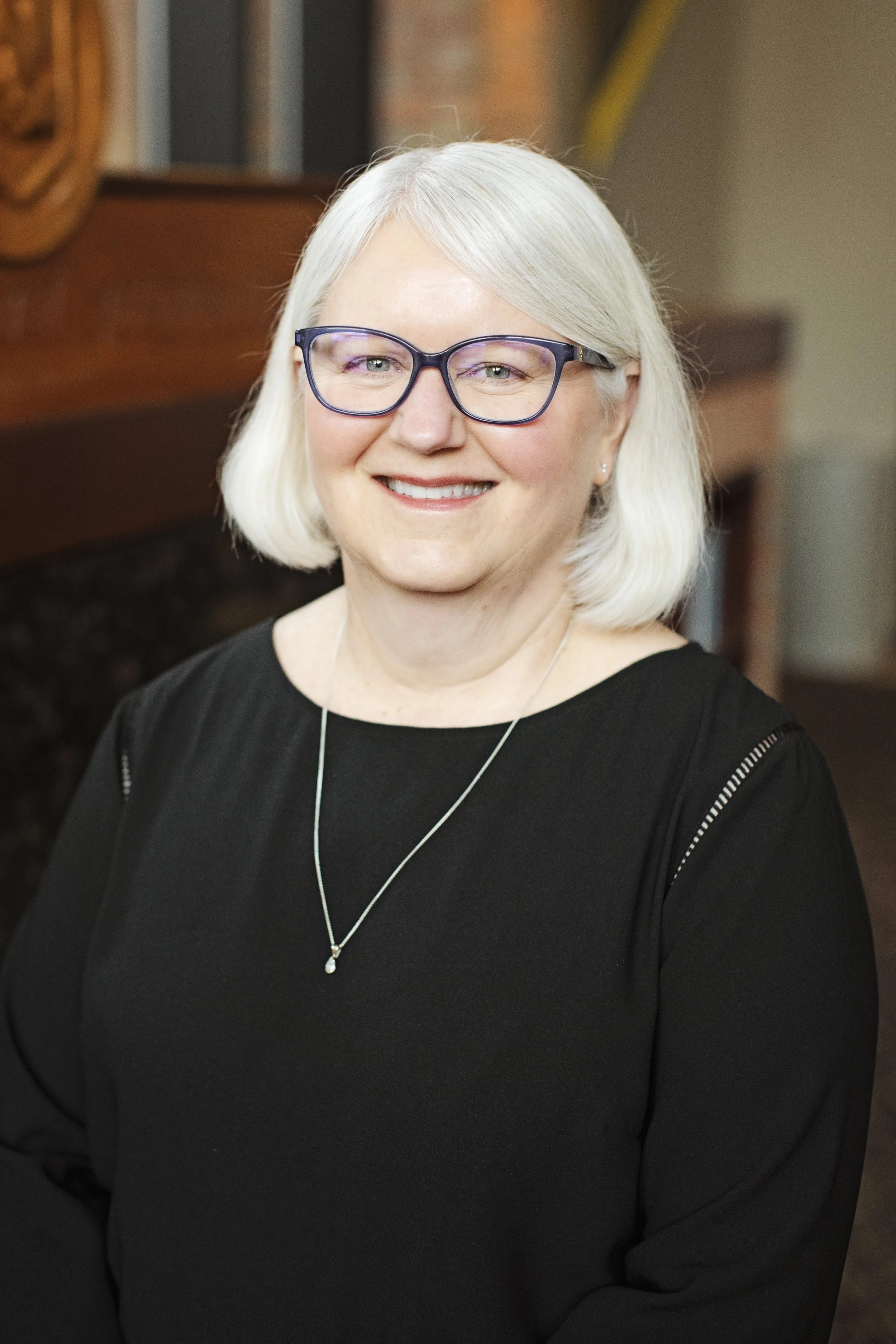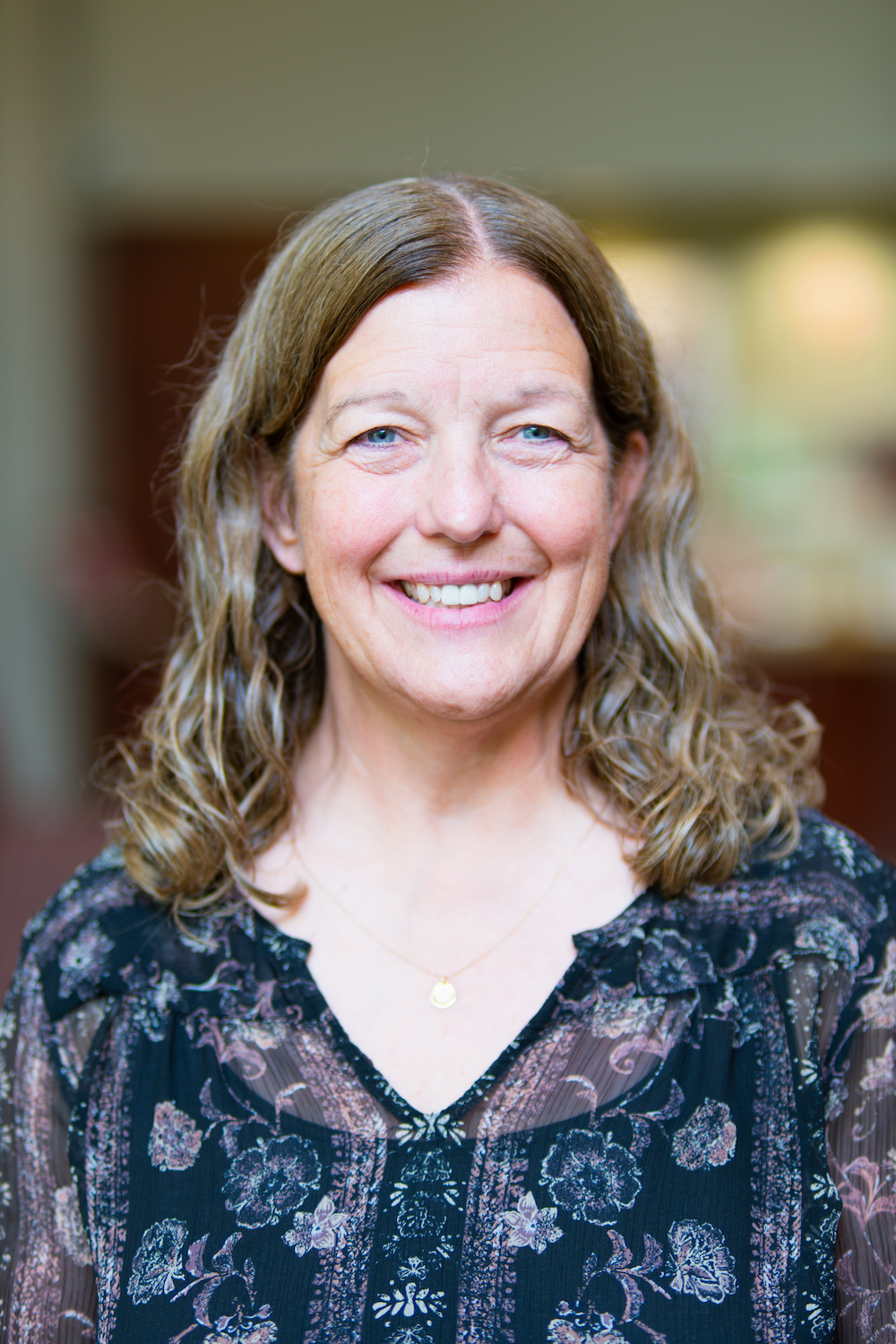
The Story
In 2002, the Calvin University Department of Nursing initiated a community-based nursing curriculum where community-based participatory research (CBPR) was used to form partnerships with three urban, racially/ethnically diverse, under-resourced neighborhoods.
CBPR is an approach to research that empowers community residents to identify and solve their most pressing health concerns to promote social change (Minkler & Wallerstein, 2011). Using door-to-door surveys and focus groups, the department of nursing listened carefully to the residents and, in collaboration, created strategic community health plans that identified neighborhood concerns as well as areas that Calvin nursing could “come alongside” and meet needs that were unaddressed.
By 2006, the residents began to express concern about depression and anxiety in their neighborhoods. In 2010, our team conducted six focus groups – two in each partner neighborhood, five in English and one in Spanish – specifically aimed at understanding women’s perceptions of depression and anxiety.
The women were articulate about their perception that depression and anxiety were major issues in their neighborhoods. They readily described depression and anxiety, identified the social determinants of health that contributed to them, listed the coping strategies that they were attempting to use to combat them, and eloquently outlined their proposed solution.
The proposed solution involved supportive/educative groups for women where they could learn about depression and anxiety and develop supportive networks. When asked, the women provided a list of topics that they wished to learn about.
They were also very clear about leadership of these groups, desiring a lay person/nurse team working in partnership. Transportation to groups and childcare during groups were identified as barriers that would need to be addressed.
In 2012, our team launched Women Supporting Women (WSW). WSW was designed as an upstream, preventative intervention that would address the multi-faceted factors that drive mental health inequities. WSW focuses on mental health self-care through the creation of a “toolkit” that the women draw from as necessary.
By 2018, we had collected sufficient data to determine that WSW produced a statistically significant drop in symptoms of anxiety and depression from pre- to six months post-WSW. Further, knowledge for mental health self-care showed a statistically significant increase from pre- to post-WSW (Doornbos et al, 2018). While we were thrilled that WSW produced statistically significant results, we were not surprised. The women knew just what they needed – another important reminder of the impact of health care providers listening carefully.
So, at that point, WSW was an evidence-based intervention with documented efficacy. The next step was to move WSW into practice!
As we continued to listen to our partners, the WSW graduates expressed a desire for training that would enable them to share what they had learned with others.
This feedback led to the 2020 development of a Mental Health Ambassador (MHA) program wherein lay persons were trained to initiate conversations with people around mental health topics, share their own story as appropriate, identify symptoms and causes of depression/anxiety, teach mental health self-care and coping strategies, recognize mental health crises, and refer as necessary to professional resources. These MHAs have also become part of the lay/professional leadership team in WSW groups.
While we began the MHA program with women, men from our partner communities began asking us to listen to them as they were struggling with depression and anxiety as well.
In 2022, we conducted six focus groups – two in each partner neighborhood, five in English and one in Spanish – specifically aimed at understanding men’s perceptions of depression and anxiety and their suggested solutions. The men’s proposed solution to address depression and anxiety in their neighborhoods was peer support, analogous to the mental health ambassador program we had created for women. In response, an MHA program for men was launched in 2023.
WSW and the MHA program are exciting examples of resident-driven solutions to resident-identified health concerns! These programs are the result of decades of partnership between the Calvin University Department of Nursing and these three partner neighborhoods, wherein the expertise of both was essential. We strive to be faithful to what we learned from the community in the formative stages of each program. In this way, these community-driven programs seek to enable persons to address mental health disparities in a culturally sensitive manner.
Meet the Team
-

Mary Molewyk Doornbos PhD, RN
Mary Molewyk Doornbos is a Professor of Nursing Emerita and Senior Research Fellow at Calvin University in Grand Rapids, Michigan. She is a mental health nurse by background and is passionate about mental health prevention. For the past 15 years, Mary’s program of research has focused on the use of community-based participatory research (CBPR) to empower people to promote their mental health and prevent depression and anxiety.
Gail and Mary have partnered in the development of Women Supporting Women (both in-person and online delivery methods), the Mental Health Ambassador program, and the Women Supporting Women Model.
-

Gail Landheer Zandee MSN, RN
Gail Zandee is an Associate Professor of Nursing and the Community Partnership Coordinator at Calvin University in Grand Rapids, Michigan. She is a community health nurse by background and is passionate about addressing health disparities by implementing community-driven solutions to community-identified health issues.
Gail has been instrumental in establishing decades-long academic/community partnerships via community-based participatory research (CBPR). Gail and Mary have partnered in the development of Women Supporting Women (both in-person and online delivery methods), the Mental Health Ambassador program, and the Women Supporting Women Model.
Each of our solutions are:
-
community-driven
Each of the mental health solutions found on this site is driven by the community.
In the context of long-term academic-community partnerships, community-based participatory research (CBPR) was used to amplify community voice and promote solutions that came from the community and were for the community.
The community was an equal partner in identifying the mental health issue of concern and designing a strategy to address it.
-
evidenced-based
The goal with each of the mental health solutions is to develop an evidence base that supports the efficacy of the intervention.
As we work toward this goal with all the community-driven mental health solutions, we are gratified, but not surprised, to find statistical significance. People really do know what they need!
When health care professionals listen carefully and humbly to those desiring care, wonderful things happen! See our list of peer-reviewed publications for the specifics around the evidence base.
-
sustainability-focused
Once a mental health solution has been identified by the community and found to be evidence-based, it is essential that efforts be directed toward sustaining it. To that end, we are assembling return on investment (ROI) data designed to move WSW into practice in a Medicaid-funded, county health department’s Maternal Infant Health Program (MIHP).
The MHA program, now serving women as well as men, is being used to expand the skill set of Medicaid-covered community health workers and doulas, in addition to all interested community members. In this manner, we are seeking to transform the health care delivery system by integrating community-driven, evidence-based care that can be sustained over time.

